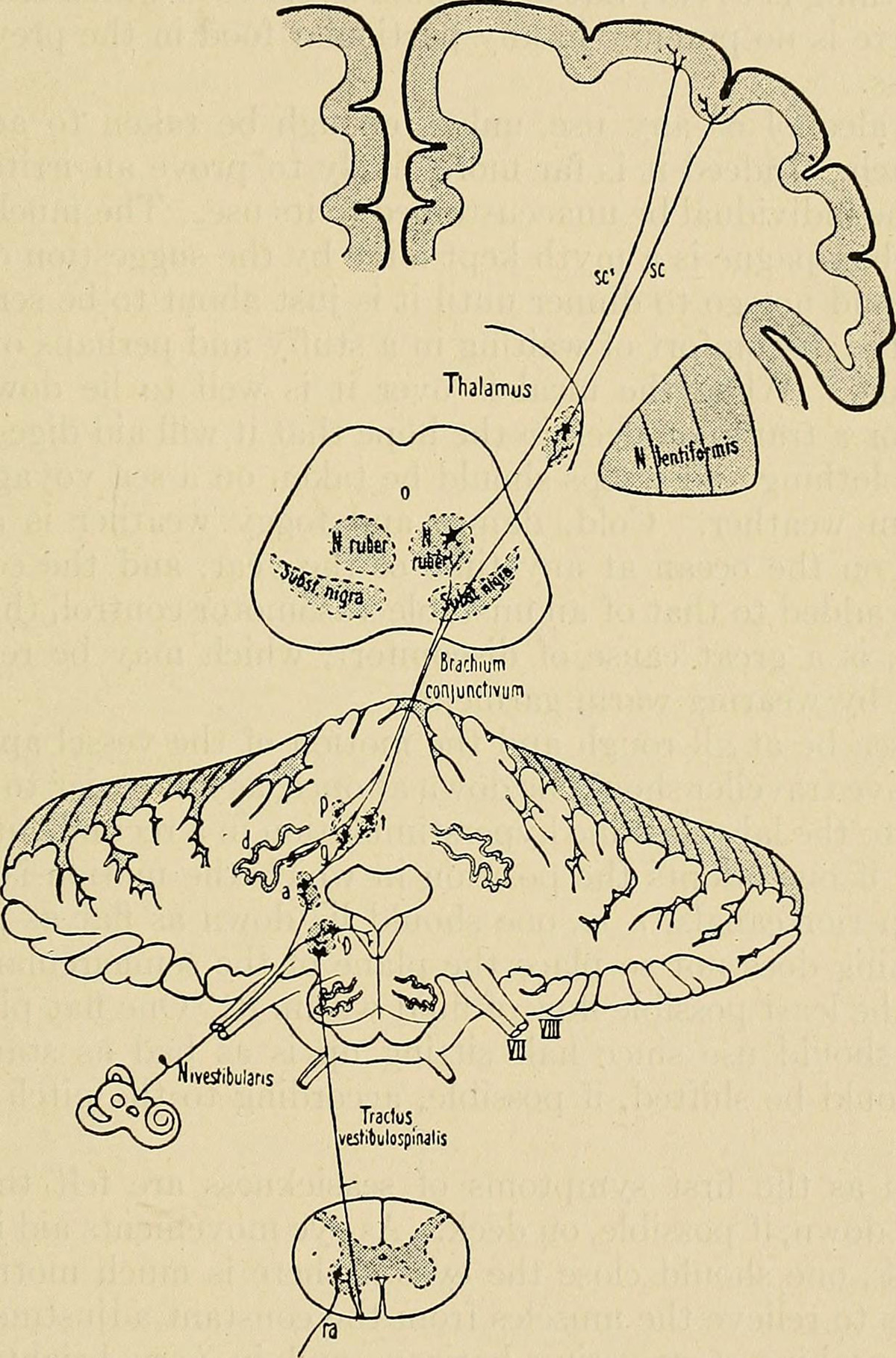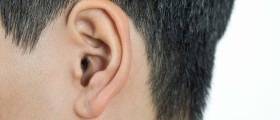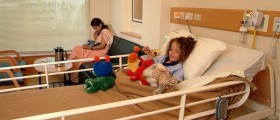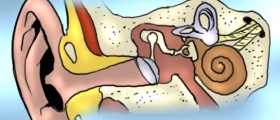
Ménière's disease affects the inner ear, causing vertigo or dizziness, nausea, vomiting, noise and a sensation of fullness in the ear.
This disease affects from two to six out of every 1.000 persons. It usually comes and goes in bouts, which occur without specific warning. It affects women more than men, usually between ages 20 and 50, and in most cases it affects just one ear. In between the bouts a person suffering from Ménière's disease often has no lasting symptoms.
Causes of Ménière's disease
It is not yet known what exactly causes Ménière's disease. It is believed that it has something to do with the collection of fluids in the inner ear. Potassium-rich fluid can occasionally break the inner ear membrane and mix with potassium-poor outer fluid, which results in a chemical reaction that affects the balance system in the inner ear. When the chemical balance goes back to normal, the symptoms usually stop.
Symptoms of Ménière's disease
Since it affects the inner ear, Ménière's disease has the usual symptoms related to problems with this part of the hearing apparatus. Such symptoms include dizziness, nausea, vomiting, ringing in ears and noise, feeling of fullness and sometimes hearing loss.
A person suffering from Ménière's can have one or more attacks per year. When they occur, the attacks last anywhere from 20 minutes to 24 hours, and they can come alone or in a series. A person suffering from a Ménière's disease attack has trouble walking or standing straight, staggers from side to side and sometimes falls down, which is also known as drop attacks or Tumarkin attacks.
Tinnitus, or ringing, roaring and hissing in the affected ear can continue or disappear completely. A person suffering from Ménière's can have trouble hearing voices or music. The hearing goes back to normal in between attacks, but there is usually some permanent hearing loss.
Treatment and prevention for Ménière's disease
At this point there is no definitive cure for Ménière's disease. There are, however, ways to alleviate the attacks and to prevent them. This includes acupuncture and herbal remedies, but most of the treatment and prevention methods are meant to take the fluid away from the head and thus reduce the chance of complications that lead to attacks. This can be done by taking diuretics, having a low-sodium diet and taking vasodilators.
Tinnitus can be managed by wearing a “tinnitus mask”, which is a small device that creates noise behind the ear and distracts the person from ringing and noise inside the ear.
There are also several surgical procedures that in some cases help but in others are ineffective, and they can also cause some ear damage.

















Your thoughts on this
Loading...